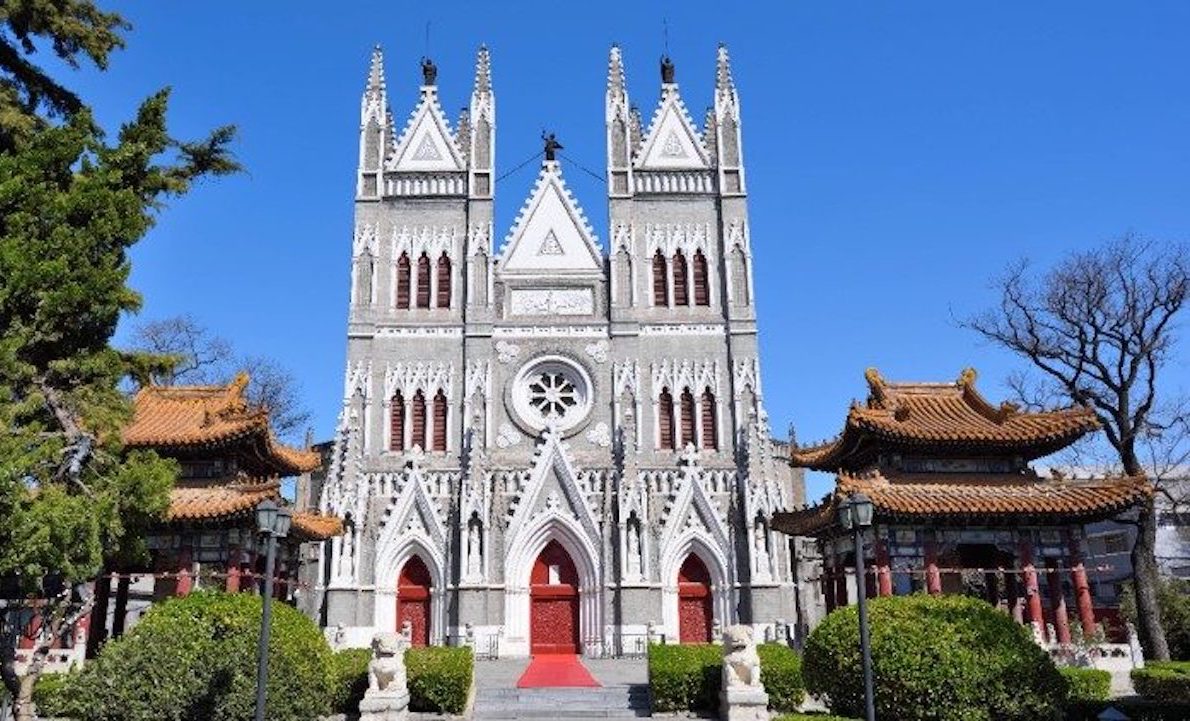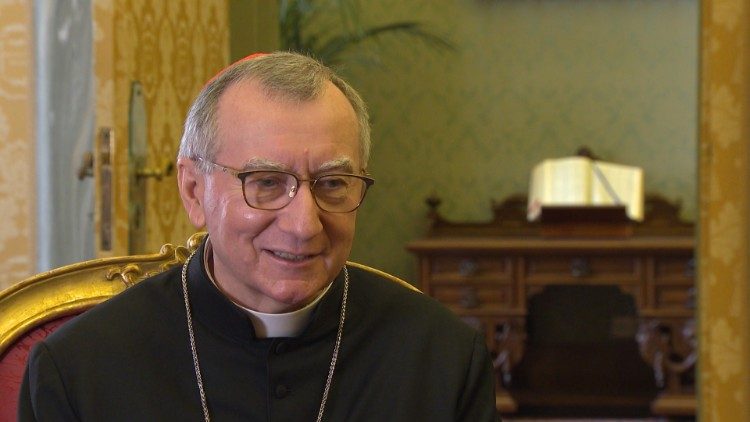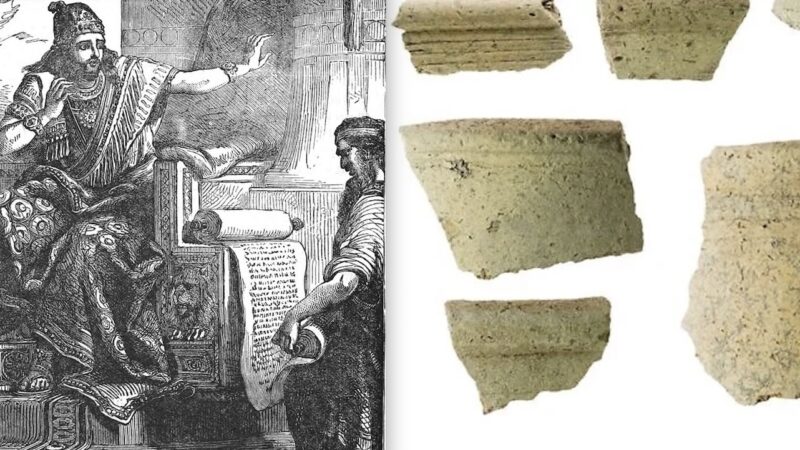Holy See-China: Provisional Agreement on nomination of Bishops renewed for second time

On the cover image the Cathedral of Bejing
by Vatican News – All the links to Gospa News articles have been added aftermath
“After appropriate consultation and assessment, the Holy See and the People’s Republic of China have agreed to extend for another two years the Provisional Agreement regarding the appointment of Bishops, which was signed on 22 September 2018 and previously extended on 22 October 2020,” according to a communiqué released by the Holy See Press Office on Saturday.
“The Vatican Party,” the statement continues, “is committed to continuing a respectful and constructive dialogue with the Chinese Party for a productive implementation of the Accord and further development of bilateral relations, with a view to fostering the mission of the Catholic Church and the good of the Chinese people.”
Pope Francis, in an interview with the Reuters news agency last July, had expressed his hope that the agreement could be renewed this October.
With reference to the appointment of Bishops, the Pope said in the interview, “The agreement is going well” even if “it is going slowly, as I say, ‘the Chinese way’, because the Chinese have that sense of time, that no one can rush them.”
He noted, too, that the Chinese “also have problems” because the local authorities act in different ways with the Catholic Church and “it is not the same situation in every region of the country.”
The Pope, recalling the diplomatic efforts of Cardinal Agostino Casaroli, the architect of the Vatican’s policy of Ostpolitik towards the countries of Eastern Europe, had spoken of the “martyrdom of patience”.
“Many people said so many things against John XXIII, against Paul VI, against Casaroli. But diplomacy is like that. Faced with a closed situation, one must seek the possible, not the ideal, path. Diplomacy is the art of the possible and making what is possible become a reality.”
Parolin: ‘An Agreement on aspects essential to daily life of Church in China’
by Andrea Tornielli
“The heart of the Agreement certainly has to do also with the consolidation of good institutional and cultural dialogue, but it mainly concerns aspects that are essential to the daily life of the Church in China.”
Cardinal Secretary of State Pietro Parolin offered that explanation for the renewal of the Provisional Agreement between the Holy See and the People’s Republic of China.
The Cardinal spoke about the Agreement in the following interview with the Osservatore Romano and Vatican News.

Q: Your Eminence, can you share with us the journey that led the Holy See to choose to renew the Provisional Agreement?
In order to answer we need to recall that on 22 September 2018, the Holy See and the Government of the People’s Republic of China signed a Provisional Agreement regarding the Appointment of Bishops. This Agreement is “provisional” because we are still in the experimentation phase.
As is always the case, such difficult and delicate situations require adequate time for implementation in order to then be able to verify the effectiveness of the result and identify possible improvements. Additionally, as we know, the outbreak of the Covid-19 pandemic has created understandable obstacles to meetings between the delegations, which are closely monitoring and evaluating the implementation of the Agreement itself. For these reasons, the validity of the Agreement was extended a first time in 2020 and is now extended again for another two-year period.
Pope Francis—with determination and patient foresight—has decided to continue along this path not under the illusion of finding perfection in human rules, but in the concrete hope of being able to assure Chinese Catholic communities, even in such a complex context, of the guidance of pastors who are worthy and suitable for the task entrusted to them.
Q: In order to appoint new bishops in China, special procedures agreed upon with the government in Beijing are followed. What can you tell us about this process?
History teaches that the Holy See has often come, in the delicate and important matter of the appointment of bishops, to reach an agreement on procedures that take into consideration the particular conditions of a country, without however failing in what is essential and fundamental for the Church, namely, the appointment of good and worthy pastors.
The procedure set out in the Agreement was carefully considered, taking into account the particular characteristics of Chinese history and society and the consequent development of the Church in China.
In this regard, I must also recall the many situations of travail and, at times, laceration in which Catholic communities have found themselves in recent decades. Therefore, it seemed prudent and wise to take into account both the needs expressed by the country’s authorities and the needs of the Catholic communities.
Q: Considering these first four years since the Provisional Agreement came into effect, what fruits have been reaped?
In the short term, I think there are three main outcomes, but I hope that more will come in the future. The first is that, concurrently with the Agreement, as of September 2018, all bishops of the Catholic Church in China are in full communion with the Successor of Peter, and there have been no more illegitimate episcopal ordinations. For the ordinary faithful, this can be seen daily in the Holy Mass celebrated by any Chinese priest: in fact, the Pope is explicitly mentioned in the Eucharistic prayer, something which was unthinkable years ago.
The second outcome is the first 6 episcopal ordinations which took place in the spirit of the Agreement and in accordance with the established procedure that leaves the Pope the final and decisive say. The third outcome is that in this period the first 6 “clandestine” bishops have also succeeded in being registered and thus have had their position made official, being recognized as bishops by public institutions. These may seem small achievements but, for those who examine history with the eyes of faith, they are important steps toward the progressive healing of the wounds inflicted on ecclesial communion by the events of the past.
Therefore, it is appropriate to emphasize once again, should there be any need, that the heart of the Agreement certainly has to do also with the consolidation of good institutional and cultural dialogue, but it mainly concerns aspects that are essential to the daily life of the Church in China. I am thinking, for example, of the validity of the Sacraments celebrated and the certainty for millions of Chinese faithful that they will be able to live out their faith in full Catholic communion, without thereby being suspected of not being loyal citizens to their country.
Q: In these four years, there have been 6 new episcopal ordinations following the Provisional Agreement. Does that perhaps seem too few?
These are the first ones, while other procedures are ongoing. At the same time, we are aware that there are still many vacant dioceses, as well as others that have very elderly bishops. There are also dioceses in which the path to reconciliation, so greatly desired by Pope Francis, is setting the rhythm. Finally, there are dioceses in which, despite all efforts and good will, no fruitful dialogue exists with local authorities.
We sincerely hope that in the next biennium we can continue to identify, according to the established procedure, good candidates for the episcopate for the Church that is in China. Of course, we do not hide the numerous difficulties that affect the concrete life of the Catholic communities, which enjoy our utmost attention, and for the good solution of which new steps forward are necessary in a collaborative relationship that has multiple protagonists: the Holy See, the central authorities, the bishops with their communities, and the local authorities.
In light of our great trust in God’s Providence and comforted also by the suffering and luminous testimonies of so many Chinese Christians, the Supreme Pontiffs of our time (St. John Paul II, Benedict XVI, and Pope Francis) have decided to undertake and continue along, beyond any opposition, the path of constructive dialogue with China, in which the Provisional Agreement for the Appointment of Bishops occupies a limited but significant part.
The ultimate goal of this journey is for the “little flock” of Chinese Catholics to advance in the possibility of living serenely and freely their Christian life, which is made up of the proclamation of the Gospel, solid formation, joyful celebration of the Eucharist, as well as an industrious witness of charity, in order to be close to those who struggle the most to cope with life, as was the case during the difficult time of the pandemic.
SOURCES
VATICAN NEWS .- Parolin: ‘An Agreement on aspects essential to daily life of Church in China’




Un pensiero su “Holy See-China: Provisional Agreement on nomination of Bishops renewed for second time”